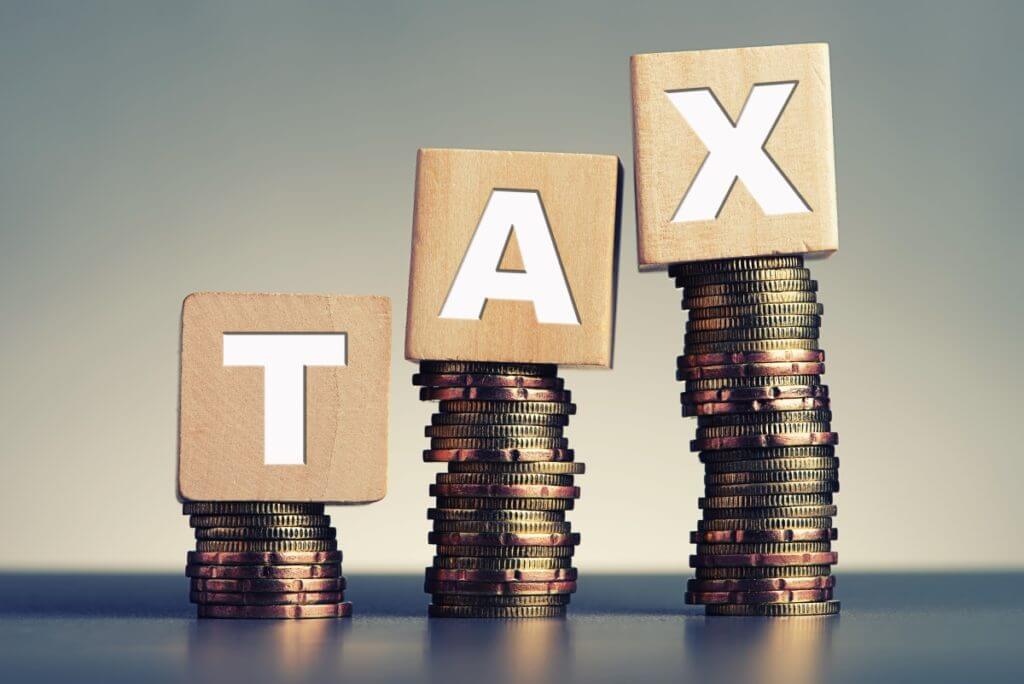
Taxes in Saudi Arabia – what you need to know
Are you living in Saudi Arabia or are you a corporate entity? Are you looking for employment in Saudi Arabia but not sure of their taxation system? If so, we can help you avoid adversities and make the most of your time working and living in the country.
Saudi Arabia’s economy, the largest in the Middle East, is heavily dominated by the oil industry. The kingdom is one of the world’s largest producers and exporters of oil, housing the second-largest proven oil reserves.
Beyond oil, Saudi Arabia has been making significant strides in diversifying its economy through its Vision 2030 plan, which includes investments in non-oil sectors such as tourism, entertainment, and mining.
The country is also focusing on developing public service sectors like health, education, infrastructure, recreation, and tourism.
Despite the global push towards renewable energy, oil remains central to Saudi Arabia’s economic stability and growth prospects, though diversification efforts are gradually changing the economic landscape.
Who Is Liable to Pay Taxes in Saudi Arabia?
Saudis and GCC countries nationals residing in Saudi Arabia do not pay income tax.
Non-Saudi and non-resident GCC nationals and entities with a permanent establishment pay income tax on business income. Payments to non-residents are subject to withholding tax.
A non-Saudi entity residing in Saudi Arabia is obligated to apply tax deductions to payments made to non-residents earning income within the country. The specified withholding tax rates are as follows:
- Management fees are taxed at a rate of 20%.
- Interests, dividends, rent, payments consulting services, freight or marine services, international telephone services,air tickets and insurance or reinsurance premiums are taxed at a rate of 5%.
- Royalties, payments to the head office or affiliated companies for services, and payments for other services are taxed at a rate of 15%.
- All other payments are also subject to a 15% tax rate.
What is Net Worth Tax – Zakat?

Zakat, a religious levy, applies to Saudi or GCC nationals residing in Saudi Arabia engaged in profit-driven activities like investment.
Specific rules, including a percentage of net assessable funds or net adjusted profits, help calculate Zakat.
Corporate Taxes in Saudi Arabia
For businesses operating in Saudi Arabia, corporate income tax is a key consideration. The corporate income tax rate in the Kingdom is generally 20%. This tax applies to net profits generated from activities within Saudi Arabia. It is essential for companies to understand the scope of their tax obligations.
Permanent Establishment PE
One critical concept in Saudi Arabia’s tax regime is the notion of a “permanent establishment” or PE. A PE typically refers to a fixed place of business. However, it can also encompass certain activities that generate income attributable to Saudi Arabia.
Understanding what constitutes a PE is vital for companies engaged in various activities in Saudi Arabia.

Individual Income Taxes in Saudi Arabia
When it comes to individual income tax in Saudi Arabia, the good news is that Saudi citizens are generally not subject to income tax on their worldwide income.
Non-Saudi residents working in Saudi Arabia might subject their income attributable to activities within the country to taxation.
However, this aspect of tax law underscores the importance of determining your tax residency in Saudi Arabia if you are living and working there.
The Stock Market and Investment
Saudi Arabia boasts a thriving stock market, making it an attractive destination for investors. Therefore, Saudi investors need to consider the tax implications of their investments, whether in the stock market or other financial activities within the country.
Taxable Income and Adjusted Profit

So, determining taxable income and adjusted profit is a fundamental aspect of the tax system in Saudi Arabia.
Businesses and individuals must accurately calculate their income attributable to Saudi Arabia, taking into account deductions and exemptions allowed by the tax laws. Being thorough in your assessment of taxable income can help you optimize your tax position.
Taxes in Saudi Arabia – Who is exempt from paying tax?
In the Kingdom, if you sell stocks in the stock market, any profit you make isn’t subject to income tax. However, there are some restrictions.
Furthermore, if you sell property that isn’t used for business purposes, the profit from that sale is also tax-exempt. Additionally, if you sell property that isn’t used for business purposes, the profit from that sale is also tax-exempt.
Taxes in Saudi Arabia – In Conclusion
In the majority of situations, Saudi citizen investors, including citizens of GCC countries treated as Saudi citizens for tax purposes, bear the responsibility for Zakat.
In cases where a company has both Saudi and non-Saudi ownership, the taxable income portion attributed to the non-Saudi interest becomes subject to income tax. Additionally, Saudi Arabia’s economy has historically been synonymous with its extensive oil and hydrocarbon reserves.
It is imperative to grasp the tax consequences associated with activities in oil and hydrocarbon production, especially for businesses engaged in this sector.




